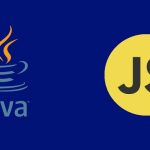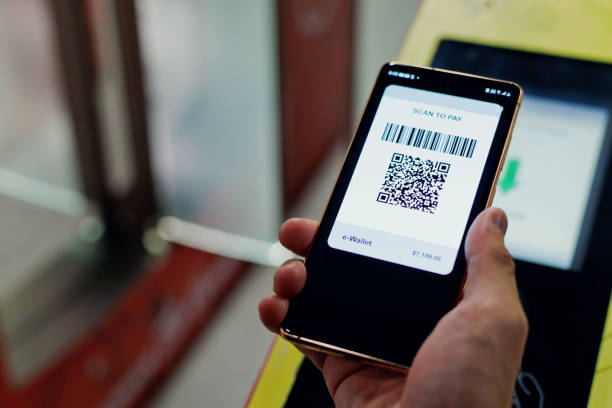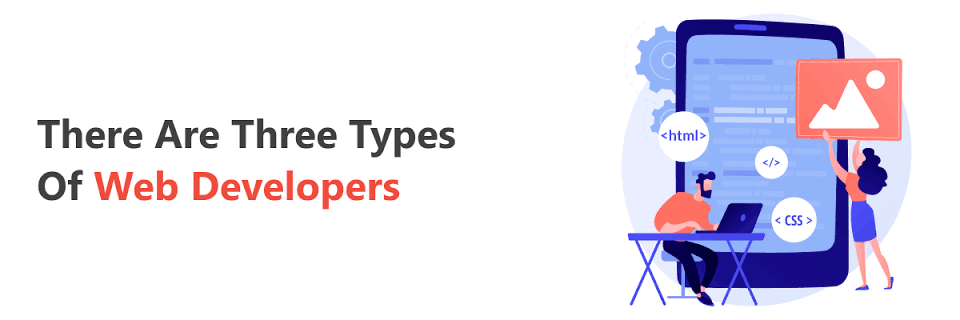You keep seeing job titles like ‘freelancer’ and ‘remote worker’ online, and now you’re wondering, isn’t that the same thing? Not quite.
Although both involve working outside the traditional office, the roles, responsibilities, and even the level of freedom are very different. So, let’s break it down so you can understand what sets them apart and which one might be the better fit for your career or business.
So, What’s the Actual Difference Between a Freelancer and a Remote Worker?

Let’s get straight to it. A freelancer is someone who is self-employed. They work with multiple clients (sometimes at once), set their rates, and decide what projects to take on. They’re their boss.
On the other hand, a remote worker is an employee of a company just not in the office. They work from home, in a co-working space, or even on a beach in Bali, but they still report to a manager, work scheduled hours, and usually receive a salary and benefits.
So, the big difference between a freelancer and a remote worker comes down to one word: employment. Freelancers are independent contractors; remote workers are employees with more structure.
Key Differences
Employment Type
First, a freelancer is not tied to any company. They send invoices, pay their taxes, and take care of their own business needs. While a remote Worker is employed by a single company. They’re on the payroll and typically get health insurance, paid leave, and other employee perks.
Job Flexibility
The freelancer gets to work whenever they want. While the remote worker usually follows the company’s hours, even if they’re doing it from home or a different time zone.
Income Control
Well, the freelancer has control over how much they earn based on how many projects they take and what they charge. But the remote Worker earns a set salary or hourly wage. Raises and promotions depend on the company.
Job Security
For the freelancer, there’s no guaranteed work. One month could be packed, and the next might be slow. However, the remote Worker has a more stable job. They have consistent tasks, expectations, and income (unless they leave or get laid off).
Tools & Resources
Generally, the freelancer has to buy their own equipment, software, and maybe even build a website to promote themselves. While the remote Worker gets most of the tools from the company. This includes a laptop, software access, training, and sometimes a work-from-home budget.

Which One is Best for You?
If you’re deciding whether to go freelance or aim for a remote job, think about what matters most to you.
First, do you love setting your schedule, working with different people, and not having a boss? Then freelancing might be your thing.
Secondly, do you prefer structure, steady income, and being part of a team? A remote job could be a better fit.
Choose What Works for You
The difference between a freelancer and a remote worker might seem small at first, but it’s a big deal, especially when you’re planning your career or building your team.
Both options are part of the modern workforce, and both offer freedom in their own way. It’s all about what works best for your goals, your lifestyle, and your comfort level with risk and structure.














